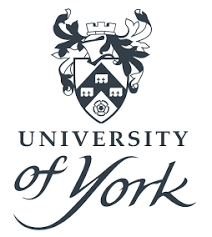
MSc in Zooarchaeology
University of York, York - UK


University of York, York - UK

MSc in Zooarchaeology
University of York, York - UK
It is a top-ranked institution verified by QS
Degree
Postgraduate
Duration
12
Course Type
With Co-op
Co-op education gives you real-world experience in a job related to your studies.
INR
27.34L
USD 32166
1st Year Tuition Fees
Opening Soon